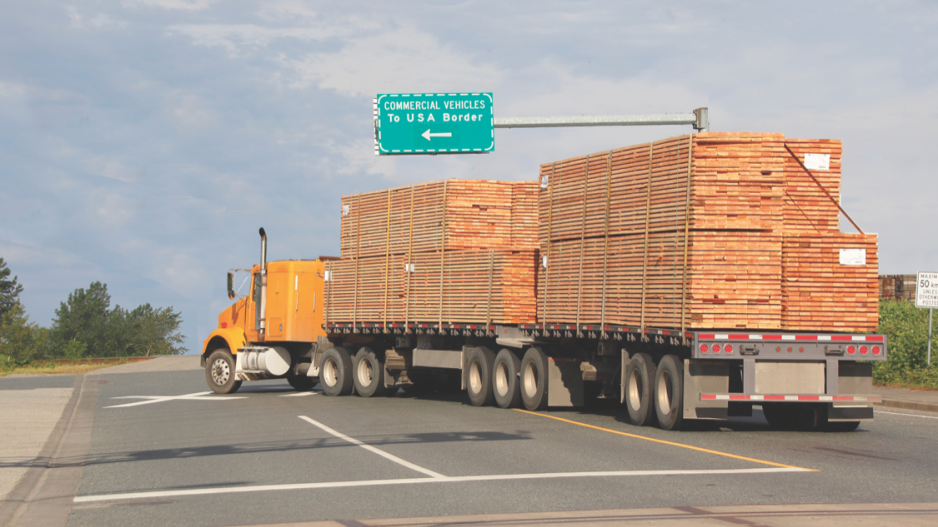As expected, curbs placed on B.C.'s housing market has resulted in lower new housing starts and a loss of about $325 million from property transfer taxes.
Last year's budget installed tax curbs to slow down B.C.'s runaway housing market, including increases to the property transfer and school taxes on homes valued over $3 million, and a new real estate speculation tax.
But the government isn't counting on that falling revenue to be made up from B.C.'s natural resource sector.
Revenue from forestry was up in 2018, thanks to record high lumber prices. But those prices have since fallen and going forward the government is expecting declining revenue from forestry, as well as other natural resource sectors.
Forestry revenue is expected to fall 16.8% in 2019-20, due largely to lower lumber prices. Timber harvest levels are expected to drop by 2 million cubic metres by 2021-22. The government expects revenue from forestry to drop from $1.4 billion in 2018-19 to $1.2 billion in 2019-20 and to $1 billion by 2021.
While natural gas royalties are expected to increase 68% for the 2019-2020 fiscal year, over the next few years they are expected to decline, largely due to increased use of infrastructure credits and royalty programs.
Revenue from bonus bids and rents on drilling licences and leases for natural gas are also expected to decline over three years, from $276 million in 2018-19 to $145 million in 2021-22.
Revenue from mineral taxes and fees are also expected to decline. The government expects revenue from mining to drop by 25.5% over the next three years, due mainly to weakening metallurgical coal prices and increased mine production costs.
Revenue from energy and mining is expected to drop from $1.1 billion in 2018-19 to $861 million by 2020-21.
Finance Minister Carole James warned that a global economic slowdown could have an impact on B.C.'s economy.
“I think that's really one of the biggest challenges that all of us could face,” James said. “We know that China's growth numbers are going down. We've seen the challenges with trade with the U.S. Those kinds of outside factors could have an impact...on our economy.”




